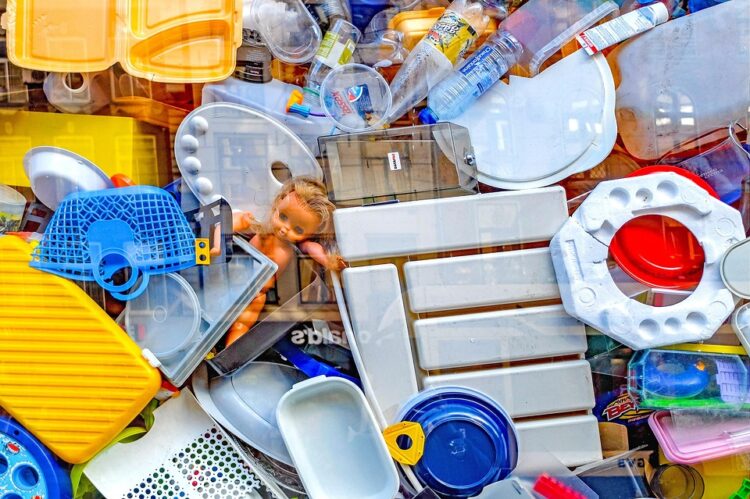Turning Trash into Treasure: The Power of Waste Recycling
Waste recycling is a critical process in our efforts to protect the environment and promote sustainability. By turning trash into treasure, we can reduce the amount of waste that ends up in landfills and incinerators, while also conserving natural resources and energy. In this article, we will explore the importance of waste recycling, the benefits it offers, and how individuals and communities can get involved in recycling efforts.
Why is Waste Recycling Important?
Waste recycling is important for several reasons. First and foremost, recycling helps to reduce the amount of waste that is sent to landfills. Landfills are not only unsightly, but they also pose a threat to the environment and public health. When organic waste decomposes in landfills, it produces methane gas, a potent greenhouse gas that contributes to climate change. By recycling waste materials instead of sending them to landfills, we can reduce the amount of methane gas that is released into the atmosphere.
Additionally, waste recycling helps to conserve natural resources and energy. Many of the materials that we use in our everyday lives, such as paper, plastic, and metal, are made from raw materials that are extracted from the earth. By recycling these materials, we can reduce the need for new mining and drilling operations, which can have a negative impact on the environment. Recycling also requires less energy than producing new materials from scratch, which helps to reduce greenhouse gas emissions and combat climate change.
The Benefits of Waste Recycling
There are numerous benefits to waste recycling. One of the most significant benefits is the conservation of natural resources. By recycling materials such as paper, plastic, and metal, we can reduce the demand for virgin resources and help to preserve forests, oceans, and other natural habitats. Recycling also helps to reduce pollution and conserve energy, making it a key component of sustainable living.
Another benefit of waste recycling is the creation of new jobs and economic opportunities. Recycling facilities employ thousands of workers across the country, helping to stimulate local economies and create a more sustainable future. In addition, recycling can also help to reduce the cost of waste disposal for communities and businesses, saving money and resources in the long run.
How to Get Involved in Waste Recycling
There are many ways that individuals and communities can get involved in waste recycling. One of the most important things that you can do is to reduce your own waste by recycling materials such as paper, plastic, and metal. You can also support local recycling programs by separating your recyclables from your trash and participating in curbside recycling programs.
Another way to get involved in waste recycling is to support recycling initiatives in your community. Many cities and towns have recycling centers where you can drop off your recyclables for processing. You can also volunteer with local environmental organizations to help raise awareness about the importance of recycling and promote sustainable living practices.
Common Questions About Waste Recycling
What can be recycled?
Many materials can be recycled, including paper, plastic, metal, glass, and electronics. Some items, such as batteries and light bulbs, require special recycling processes to ensure that they are disposed of safely and responsibly.
How does recycling benefit the environment?
Recycling benefits the environment by reducing the amount of waste that ends up in landfills, conserving natural resources, and reducing pollution and greenhouse gas emissions. By recycling materials instead of sending them to landfills, we can help to protect the planet for future generations.
What are the challenges of waste recycling?
One of the biggest challenges of waste recycling is contamination. When non-recyclable materials are mixed in with recyclables, it can make the recycling process more difficult and costly. Education and awareness are key to overcoming this challenge and improving the efficiency of recycling programs.
Conclusion
Waste recycling is a powerful tool in our efforts to protect the environment and promote sustainability. By turning trash into treasure, we can reduce the amount of waste that ends up in landfills, conserve natural resources and energy, and create new jobs and economic opportunities. By getting involved in waste recycling efforts, individuals and communities can make a positive impact on the planet and help to create a more sustainable future for all. Let’s work together to turn trash into treasure and build a cleaner, greener world for generations to come.











